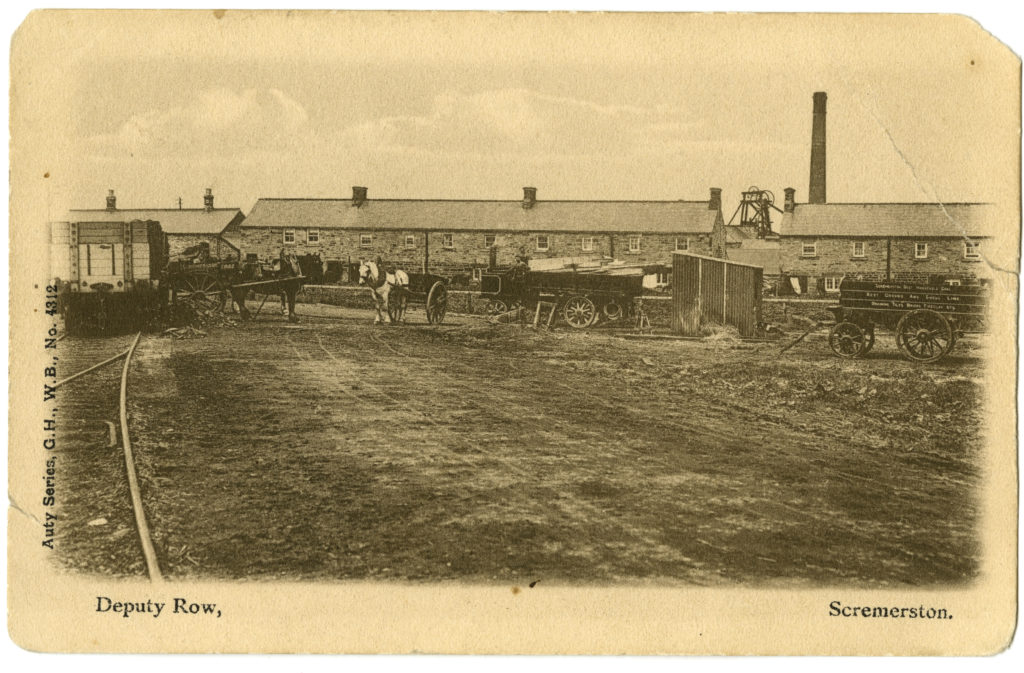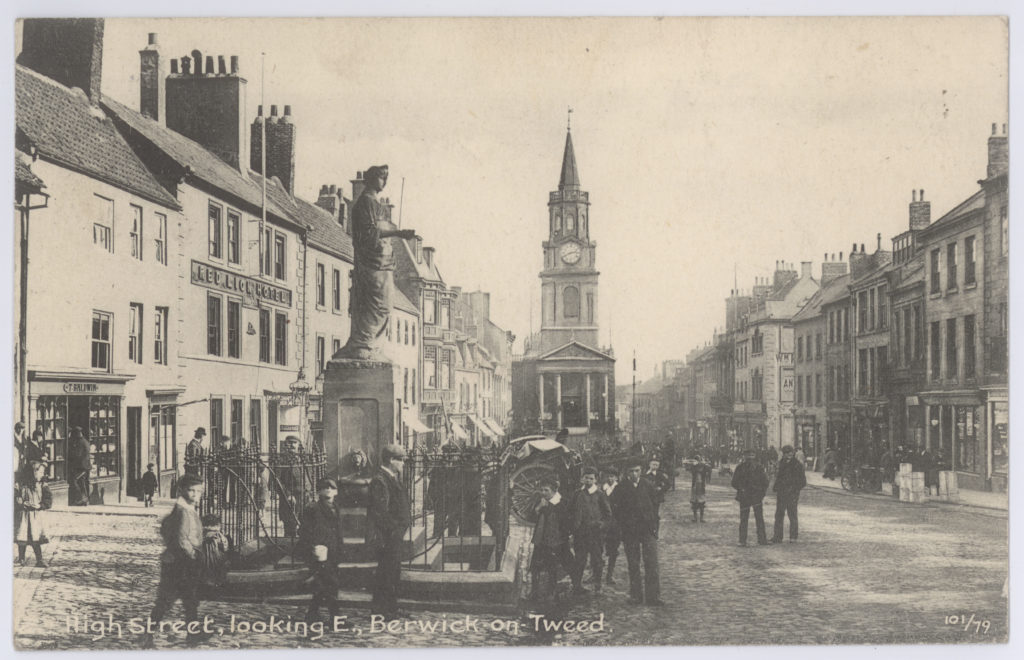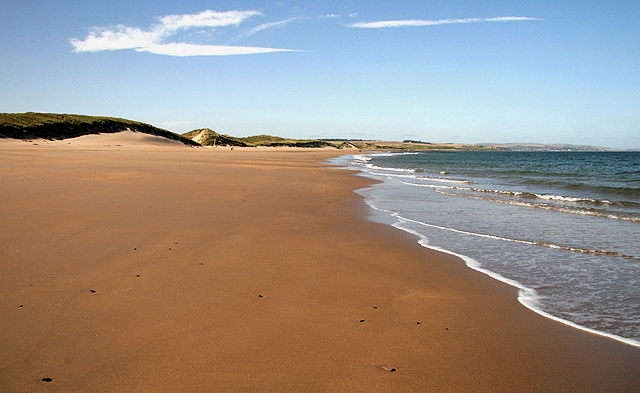BERWICK ADVERTISER, 7 SEPTEMBER 1917
WAR NEWS
From Trenches to Homeland
LOCAL LADS ON LEAVE FROM THE
BATTLEFRONT AND TRAINING CENTRES
Glad to see about the town this week Seaman Jock Burgon, Low Greens, on a short leave from his ship. Prior to the war he was a fisherman and went up for training each year with the R.N.V.R. He has been mobilised since August 4th, 1914, and is on one of H.M. patrol boats.
Sergeant J. Small, Queen’s Edinburgh, has been home on leave, looking the picture of health. He is well known in the district, having served for a time at the Depot, Berwick. We wish him the best of luck with his new regiment.
Pleased to see Lieut. Ward Davis, son of Mr Ward Davis North Terrace, Berwick, home on short leave after having qualified for a commission. He went to France as a private with the K.P.R., and after having been wounded was recommended for a commission.
Lance-Corporal John Nelson, M.G. Squadron (Cavalry) of Main Street, Tweedmouth, who has been in France for 18 months, is now on ten days’ leave in the town. He returns with our best wishes for his future safety. He is the son of Mr John Nelson, motorman with the Co-Co-Operative Society, and in civil life was employed as a gardener.
After some nine months in a Liverpool hospital, getting rid of the germs left by malaria and dysentery, Private Ernest Beveridge, N.F., Main Street, Tweedmouth, is home on a leave extending to ten days. We hope the bracing air of his native town will restore him to fitness before he is called upon to rejoin his regiment.
BERWICK PETTY SESSIONS
DODGED THE POLICE
Robt. Blaikie, Sunyside, Tweedmouth, failed to appear in answer to a change of having ridden a cycle without a rear light on the highway at Scremerston Colliery on 23rd August.

Sergeant Elliot said on the night in question while on duty on the highway, he saw the defender ride past without a rear light. Witness shouted to him to stop, and he replied that he was stopping, thereupon riding through the gate at the Colliery Yard. When witness got to the spot he discovered that the accused had cycled on and was just going out at another gate nearer to Berwick.
Mr Askew said the offence was aggravated by the attempt to evade the police and they would in this case inflict a penalty of 10s, with the alternative of seven days imprisonment.
NETS AT THE MOUTH OF THE TWEED
The number of nets taken from the mouth of the river was rather remarkable. No doubt the people who thought they would make a little out of poaching were encouraged by the fact that, owing to the war, they had not the usual staff of bailiffs. At any rate it was quite a noticeable fact that the law had been openly defied. They had to face the fact that there was a good deal of sympathy with the offenders; it was quite mistaken sympathy, according to their view but it was there. It was largely due to an idea that they were sportsmen, and also due to the idea, to him it seemed quite a false one, that the Tweed Act authorised severe penalties were often imposed. This was not so. Proceedings were only taken in extreme cases and no one could think that the fines that were imposed were severe in comparison with the fines which might be imposed. He believed most of the illegal fishing took place in the close season, and there was nothing sportsman likes about that, for the men who practised it were depriving their country of a large future food supply. It was quite clear that if this went on they were killing the goose that laid the golden eggs. He hoped that no sympathy would be extended by benches or by anybody to those who deliberately took fish from the water in the close season, particularly at this time.
Captured at Longhoughton
ESCAPED HUNS FROM STOBS TRAPPED
The six German prisoners who recently escaped from the internment camp at Stobs were recaptured at Longhoughton on Sunday as they emerged from a field where they had been in hiding. It is believed the intention of the men, was to board a freight train with the belief that they could make the coast at the Tyne. At the weekend it is believed that the men passed in the vicinity of Berwick.

MACLAGAN MONUMENT
A correspondent suggests removing the Maclagan Monument to a more suitable part of the town, which he does not specify, and complains of the children using it as a public blackboard, which he hopes will stop now that the children have gone back to school. He would also like to see the fountain running again. In other words, the fountain should play and the children mustn’t. Neither should they be allowed to help themselves to the school chalk- or their mother’s whiting.

The Maclagan Monument occupies one of the sites of the Main Guard, which stood for a time there in front of the old “Black Bull,” the landlord of which was one of those most actively concerned in its removal to the Palace, little knowing what an important item it had been in the goodwill of his house. People had formerly been able to slip in unseen for a nip.
Sad Accident at Goswick
TWO SOLDIERS DROWNED
As Acting Corporal S. H. Houghton, Lincoln Regiment, attached to a northern company of the Non-Combatant Corps, and Private H. Basnett, N.C.C., were bathing on Monday about 10.30 a.m., with a party of non-commissioned officers and men of their company, on Cheswick sands, a little south of Cheswick Black Rocks, both were drowned.

Corporal Houghton was not seen again after he entered the water. When Private Basnett was seen to be in difficulties an alarm was raised, and every effort was made by members of the Company to effect a rescue, but in vain. At the moment that his difficulties were noticed he disappeared. The bodies had not been recovered on Monday evening.
Up till the time of going to press today no word has been heard of the missing bodies.

